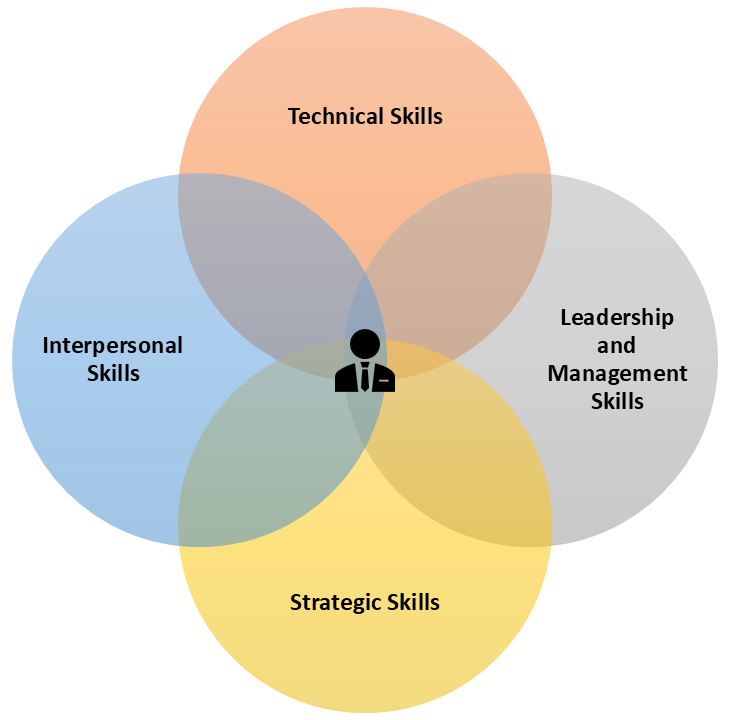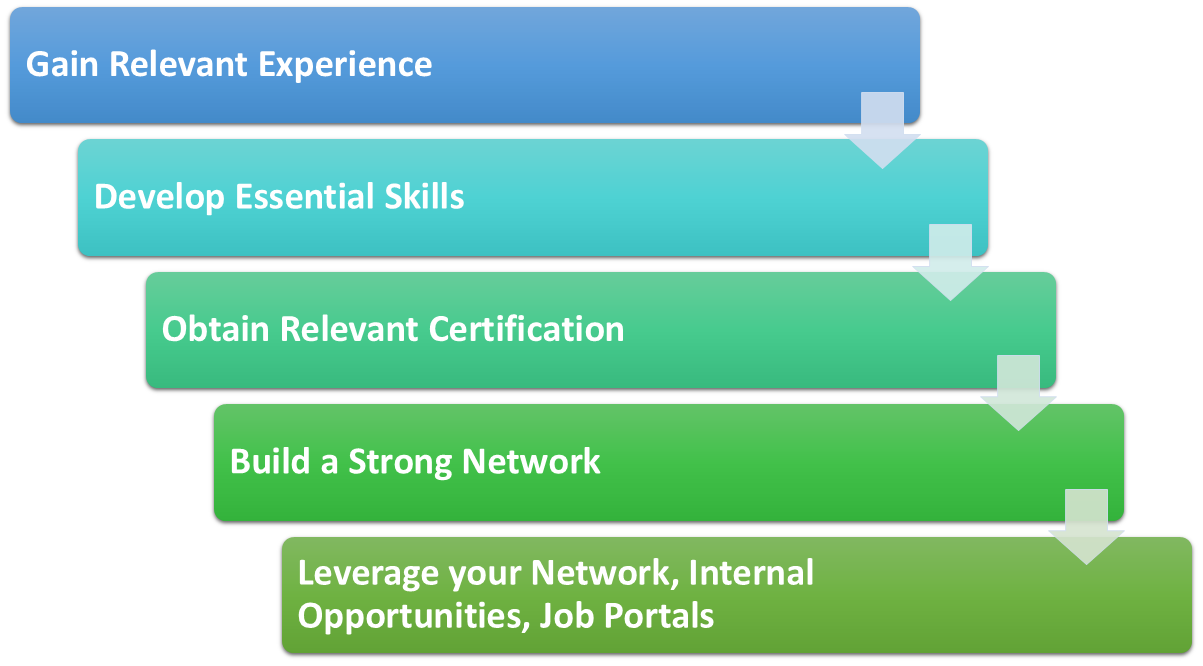Director of QA Skills, Roles, and List of Jobs
|
|
A Director of QA is an important part of an organization’s management. The person in this post acts as the primary spokesperson for quality assurance across the organization. They have the power to set a good precedence of quality mindset that can trickle down across teams.
If you are looking to fill these shoes, then you need to understand this role better, the skills needed and a list of available jobs.
Who is a QA Director?
A QA Director or Director of Quality Assurance is a senior leadership role responsible for overseeing the quality assurance function within an organization. Their primary focus is to ensure that products meet quality standards and requirements throughout the software development lifecycle.
They also hold the key responsibility of overseeing, managing and monitoring all quality assurance staff and functions as per the organization’s internal guidelines, standards and industry best practices. They have an important role to play in hiring quality analysts and managers to lead incident investigations and manage and mitigate quality risks. This role brings together the technology, people and processes necessary to support the delivery of streamlined, technology-enabled business services.
Various Designations of Directors of QA
Now that we understand who a Director of QA is, let’s familiarize ourselves with the different designations that a QA Director can hold.
- Quality Head
- Head of QA
- Senior Manager QA
- Director QA
- Lead/Manager- Quality Assurance
- Director of QA Practices
- Head of TCOE
- Head of Testing
- QA Operations Director
- Director of Test Engineering
- Vice President of Quality Assurance (in larger organizations)
“What’s in a name? That which we call a rose, by any other name would smell as sweet”.
Just like these words of Shakespeare’, despite the different names for the role, the responsibilities and skills needed are the same.
Skills needed to be a Director of QA
This role requires one to learn and if possible, master some skills. You might already possess these skills, in which case you can improve yourself by getting better at them or learning some other skills that you’ve not developed yet.

At a general level, Directors of QA need a combination of technical, leadership and management, strategic and interpersonal skills.
Technical skills
- Quality Assurance Methodologies: Deep understanding of various QA methodologies like Agile, Waterfall, DevOps, etc.
- Testing Techniques: Proficiency in functional, non-functional, performance, security and other testing types.
- Testing Tools: Knowledge of various testing tools.
- SDLC: Understanding of software development lifecycles (SDLC) and its phases.
- Defect Tracking: Familiarity with defect tracking process and tools.
Leadership and management skills
- Team Management: Ability to lead and motivate QA teams.
- Communication Skills: Effective communication with stakeholders at all levels.
- Problem-Solving: Ability to identify and resolve complex quality issues.
- Decision-Making: Making informed decisions based on available data.
- Negotiation: Ability to negotiate with stakeholders and teams.
- Conflict Resolution: Skills to handle disagreements and foster a collaborative environment.
- Resource Management: Skills to manage budgets, timelines and resource allocation effectively.
Strategic thinking skills
- Quality Planning: Developing comprehensive quality plans aligned with business objectives.
- Risk Assessment: Identifying and mitigating potential risks to quality.
- Metrics Analysis: Analyzing quality metrics to identify trends and areas for improvement.
- Continuous Improvement: Driving a culture of continuous improvement in quality processes.
- Innovation: Exploring new technologies and methodologies to enhance quality.
Interpersonal skills
- Collaboration: Working effectively with cross-functional teams.
- Stakeholder Management: Building and maintaining relationships with stakeholders.
- Adaptability: Adjusting to changing priorities and requirements.
- Mentorship: Guiding and developing the QA team.
Roles and responsibilities of a Director of QA
A Director of QA ends up playing various roles, with each role having certain responsibilities.
| Role | Responsibilities |
| Leadership and Team Management |
|
| Strategic Planning |
|
| Process Improvement |
|
| Quality Metrics and Reporting |
|
| Collaboration and Communication |
|
| Risk Management |
|
| Resource Management |
|
| Compliance and Standards |
|
| Innovation and Tooling |
|
| Customer Focus |
|
Moving up the ranks in quality assurance
If the sections above are any indicators, you can see that a great many responsibilities are associated with this role.
To get to the designation of Director of QA, one needs to gain expertise in the field of Quality Assurance and Testing. The entry point required could be by earning a bachelor’s or master’s degree in computer science followed by practical experience in the IT industry. To go up the ladder, you can also get relevant training and certifications.
The training will help in developing skills that can be used to demonstrate the knowledge gained in the relevant field. Attending webinars, seminars, online courses and workshops, and professional organizations that offer such opportunities to learn and grow can be other means to gain this knowledge.

List of Jobs
When it comes to jobs, you know the drill-
- Tailor your resume to emphasize your management roles and successful projects. Include quantifiable achievements such as improvements in QA processes or reductions in defect rates.
- Prepare for the interview by familiarizing yourself with the role and expectations of a Director of QA. Prepare for questions about leadership, process improvement and quality metrics. Also, have some ideas for QA strategies and improvements ready to discuss.
- Keep up with the latest trends in software testing and quality assurance to demonstrate your knowledge and adaptability.
- Learn about the organization for which you intend to interview.
You can search for the most recent QA director jobs here.
Conclusion
A successful QA Director not only oversees the quality assurance process but also fosters a culture of continuous improvement within their teams. You need a diverse set of skills ranging from leadership and strategic planning to technical proficiency and risk management to perform here. By understanding the various roles and responsibilities associated with this position as well as the potential career paths available, you can better prepare yourself for this leadership role.
Ultimately, investing in the right skills and cultivating a solid understanding of quality assurance will empower future Directors of QA to drive excellence in their organizations, paving the way for innovation and customer satisfaction in an ever-evolving technological landscape.
Additional Resources
- Top-27 QA Director Interview Questions (+Answers)
- How to become a Director of QA?
- What Exactly Do QA Directors Do? Job Description & Responsibilities Overview
- Metrics for Director of QA
- Director of QA Checklist
- Director of QA Cheat Sheet
- Director of QA: All Resources You’ll Ever Need
| Achieve More Than 90% Test Automation | |
| Step by Step Walkthroughs and Help | |
| 14 Day Free Trial, Cancel Anytime |












